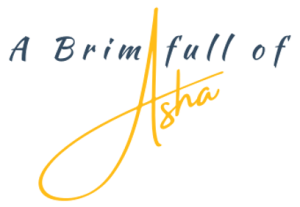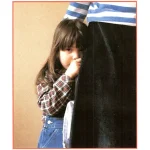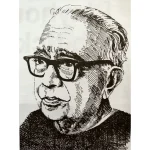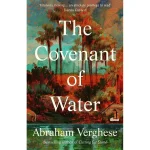
Dubai’s Souks have combined the Middle Eastern flavour with the characteristics of the city’s growth. The most well-known are the gold souk, an unbelievable display of hand-crafted and machine-made glittering jewellery, displayed in abundance with no signs of security or caution. But what really was the most fascinating, was the perfume souk. You don’t have to look for it – just follow your nose.
Women and some men have been dousing themselves with perfume for thousands of years. Egypt had a headstart over the rest of the world, and when the tomb of Tutankhamun (c. 1341-1323 BCE) was opened, it revealed many specimens of the early perfumers’ art. Contained in unguent vases, exquisitely made in alabaster, the perfumes in the form of aromatics were still slightly fragrant. In Egypt, perfumes are uses for three distinct purposes: aesthetic, religious, as an offering to the Gods and traditional, as a prime agent for embalming the dead. As the priests made the most use of perfumes and fragrant oils which were pungent, they were considered the perfumers of their time and their pursuit a mysterious and esteemed art.
Perfumes of incense were also used by the founder of one of the earliest Iranian religions, Zoroaster. Zoroaster is said to have lived in the seventh century BCE and Zoroastrianism is today represented largely in India by the Parsis. The Greeks used perfume and the art was practised by women. Their aim was to make the odours endure and hence oil was used as the vehicle. From the Greeks, the art passed to the Romans and during the reign of Nero (c. 54-68 CE), the Emperor of Rome, perfumery thrived. But in the centuries that followed, it was the Arabs who seem to have delved into the serious side of perfumery more than any other race. In the 11th Century, the famed Arab doctor, sage and scholar, Avicenna tried to extract perfume from flowers by distillation. He was little understood in his time but fortunately for us he succeeded in extracting from the rose, a form of perfume called oil or otto (‘attar’ in Arabic), an essential oil usually made from rose petals. He produced supplies of rose water which led to a flourishing trade for the Arabs. It takes 2,000 pounds of rose petals to make a pound of oil of rose!
During the reign of Queen Elizabeth I of England, both men and women made use of every kind of aromatic for perfuming the body. A recipe for a beautiful complexion was to first take a very hot bath to induce excessive perspiration and follow it by washing the face with plenty of wine to make it fair and ruddy. Mary Queen of Scots is even alleged to have bathed in wine on which account she applied for an increased allowance. Legend has it that Napoleon’s Joséphine put on so much musk that when she died, the scent is supposed to have lingered on for forty years in her bedroom.
Given the strange origin of today’s popular perfumes, and the mysterious ways of preparing them, the world of perfumes is indeed as tantalising and amorphous as the exotic scents it produces. The perfume souk in Dubai is certainly worth sniffing around.





Our sense of smell is much more subtle than our eyesight.